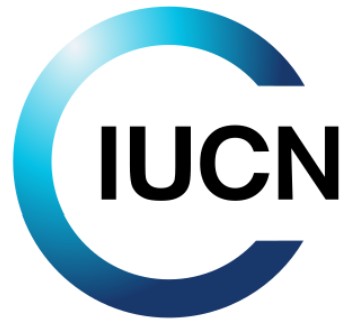
 The Cambodia–Mekong River Delta Aquifer (CMDA) Project is a Global Environment Facility (GEF) International Waters initiative implemented by the Food and Agriculture Organization of the United Nations (FAO) and led by the International Union for Conservation of Nature (IUCN) as Lead Executing Agency, with UNESCO and MERFI as Executing Partners, in collaboration with the Governments of Viet Nam and Cambodia.
The Cambodia–Mekong River Delta Aquifer (CMDA) Project is a Global Environment Facility (GEF) International Waters initiative implemented by the Food and Agriculture Organization of the United Nations (FAO) and led by the International Union for Conservation of Nature (IUCN) as Lead Executing Agency, with UNESCO and MERFI as Executing Partners, in collaboration with the Governments of Viet Nam and Cambodia.